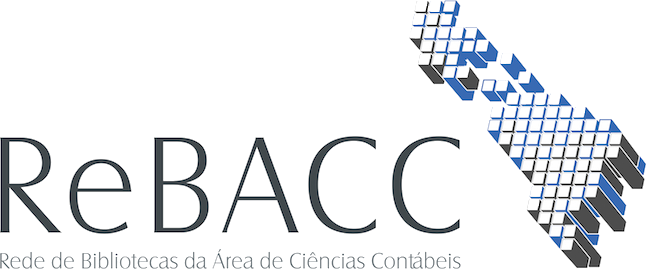Use este identificador para citar ou linkar para este item:
http://rebacc.crcrj.org.br/handle/123456789/5415| Título: | A auditoria legal na União Europeia: enquadramento, debate actual e perspectivas futuras |
| Palavras-chave: | legal auditing; expectation gap; legal auditor's job; future of the profession auditoria legal; diferença de expectativas; expectation gap; trabalho do auditor legal; futuro da profissão |
| Editora / Evento / Instituição: | Universidade de São Paulo. Faculdade de Economia, Administração e Contabilidade |
| Descrição: | A auditoria legal na União Europeia, encontra-se, presentemente, numa grande encruzilhada. Imposta pelos poderes públicos e pelas directivas comunitárias, é criticada pelos empresários por não acrescentar valor ao negócio, e, duma maneira geral, pela sociedade que ao atribuir-lhe a característica de bem público, esperava dela respostas mais amplas do que aquelas que os auditores, espartilhados por um quadro normativo e jurídico-técnico construído pelas suas associações profissionais, conseguem ou querem facultar ao público em geral. Com efeito, as normas de auditoria que tratam do planeamento, execução e avaliação do trabalho do auditor, têm sido o refúgio eleito pelos auditores e uma justificação esgrimida, unanimemente, pela classe, para recusar liminarmente o alargamento das funções de auditoria à análise da viabilidade da empresa e à detecção de erros e fraudes. Neste contexto, a função de auditoria legal está sendo, na actualidade, fortemente criticada por não proporcionar ao público "certezas" de que: as declarações financeiras estão correctas, a empresa não falirá, não houve fraudes ou irregularidades, a empresa agiu dentro da lei, foi administrada de forma competente e adoptou uma atitude responsável face aos assuntos ambientais e sociais. É, pois, o objectivo deste trabalho, apresentar em relação à União Europeia, a origem da auditoria legal, e, em termos mais gerais, as inquietações do presente e perspectivar a função, num futuro não muito distante. Nowadays, legal auditing in the European Union finds itself facing a great crossroads. Imposed by governments and communitarian guidelines, it is criticized by entrepreneurs for not aggregating value to the business, as well as by society in general which, characterizing legal auditing as a public good, expected it to give more elaborate answers than those which the auditors, closed in by a standardizing and legal-technical framework made up by their professional associations, manage or want to provide to the public in general. Actually, the auditing standards that deal with the planning, execution and evaluation of the auditor's work have been the shelter chosen by the auditors. The auditing profession had unanimously used them as a justification for rejecting the expansion of the functions of auditing to the analysis of the company's viability and the detection of errors and fraud. In this context, nowadays, the function of legal accounting lies under heavy criticism, since it does not provide the public with the "certainties" related to such questions as correct financial statements, the going-concern of the company, the absence of fraud or irregularities, whether the company acted within the law, was administered in a competent way and adopted a responsible attitude with respect to environmental and social issues. The objective of this paper is, then, to present the origin of legal auditing with respect to the European Union and, more generally speaking, to give a picture of the current preoccupations and draw a perspective for the function in relation to the not very distant future. |
| URI: | http://rebacc.crcrj.org.br/handle/123456789/5415 |
| Outros identificadores: | https://www.revistas.usp.br/rcf/article/view/34066 10.1590/S1519-70772002000100002 |
| Aparece nas coleções: | Revista Contabilidade & Finanças - USP |
Arquivos associados a este item:
Não existem arquivos associados a este item.
Os itens no repositório estão protegidos por copyright, com todos os direitos reservados, salvo quando é indicado o contrário.

